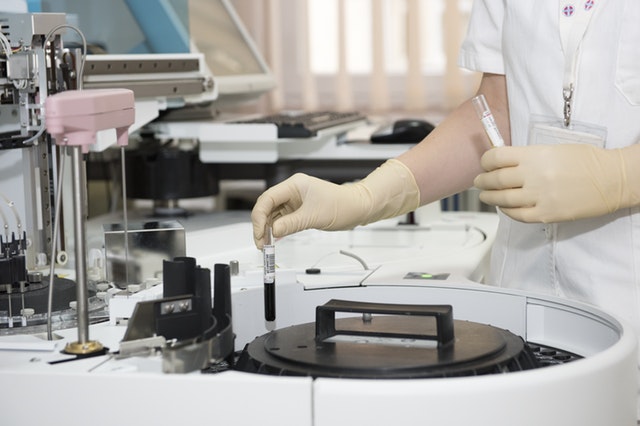What You Need to Know About Chlamydia

What You Need to Know About Chlamydia
Chlamydia is an STD that is able to cause serious and damage your reproductive system permanently. Complications arising from a chlamydia infection can make it very difficult or even impossible to conceive in future. Chlamydia is also known to cause ectopic pregnancy.
How Does It Spread?
- Having unprotected vaginal or anal sex with a person who has chlamydia.
- Giving oral sex to a person who has chlamydia.
- If you have chlamydia, it is possible to pass it on to your newborn at childbirth.
Is It Possible to Avoid Getting Chlamydia?
- Getting tested for Chlamydia before you or your partner engage in sex.
- Being in a relationship where both you and your partner are mutually monogamous.
- Ensuring that you make proper use of latex condoms whenever you are having sex.
Can Chlamydia Affect Newborns?
Chlamydia can be passed to your young one while giving birth if you are already infected with the STD. This can cause pneumonia or eye infection in your baby.
If you have chlamydia, your chances or giving birth earlier than the due date are higher.
Are you pregnant and suspect that you have a chlamydia infection? During your prenatal visit, get tested and if positive for chlamydia, early treatment can help prevent complications to you and your unborn baby.
Does Chlamydia Have Symptoms?
A lot of people do not experience any symptoms however, some women may notice:
- Abnormal discharge coming from the vagina.
- Some kind of burning sensation when they are urinating.

A laboratory test will be able to diagnose chlamydia. Once you locate a healthcare provider near you, they will either use a sample from the vaginal area with a cotton swab or ask you for a urine sample.
Is Chlamydia Curable?
With the proper treatment, it is curable. It is very important to follow the doctor’s instructions to the letter including taking all the prescribed medication in the right way. This will help stop the spread of the infection and decrease chances of developing complications in the future.
It is not uncommon for chlamydia to recur. It is advisable to get tested again 3 months after undergoing treatment just to be sure.
Also, ensure that your partner(s) is treated to stop the spread of the STD.
What Will Happen If I do Not Get Treated?
Initially, the damage caused as a result of a chlamydia infection may go unnoticed. However, it may cause serious health issues later on if not addressed.
If untreated, it may spread the uterus and finally to the fallopian tubes causing PID, Pelvic Inflammatory Disease. PID has few to no symptoms. Some women with PID may experience pelvic and abdominal pain.
Untreated chlamydia can also increase the possibility of you giving or getting HIV.








